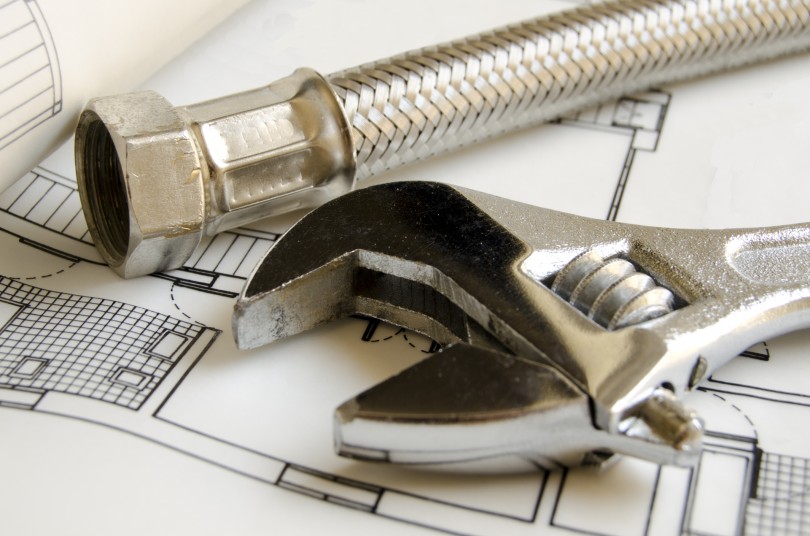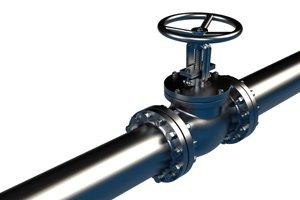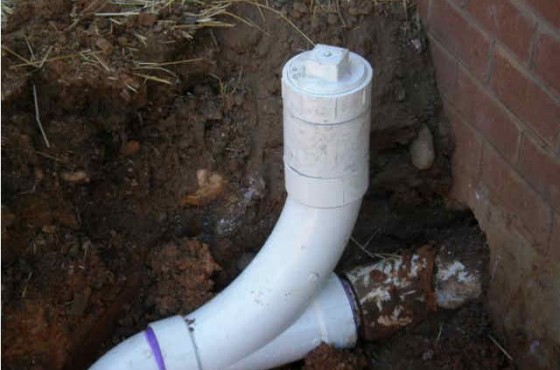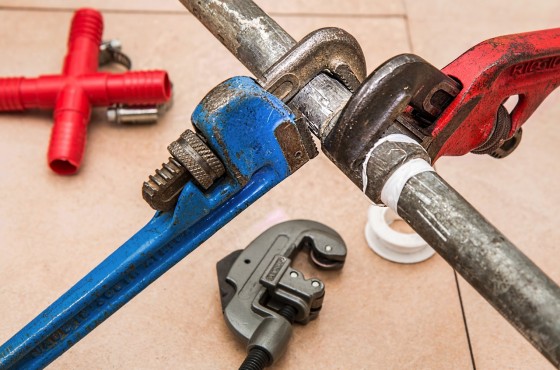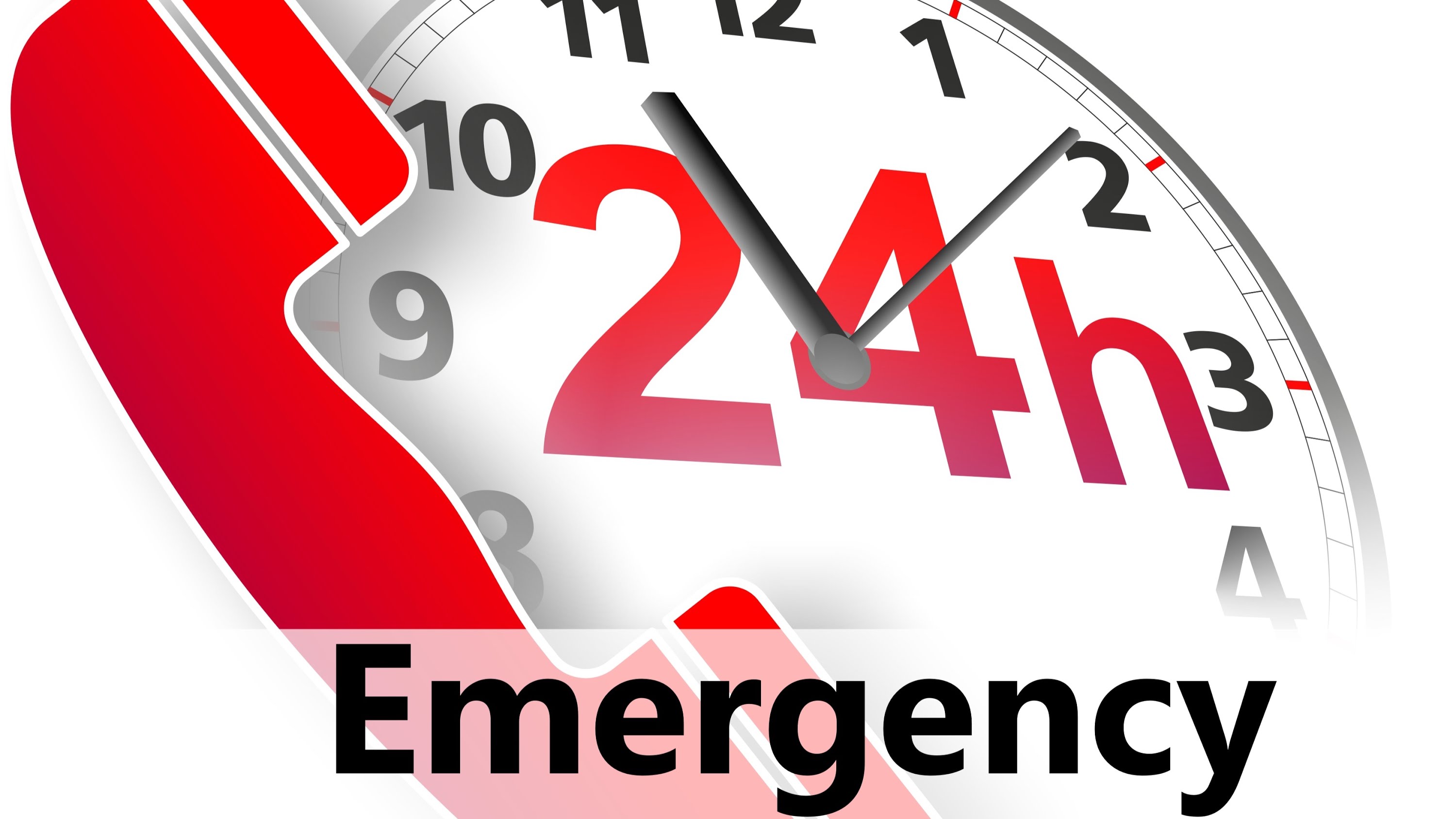Why should you choose a licensed plumber?
History
A plumber is a person who specializes in installing and maintaining systems used for drinking water, sewage and drainage in the plumbing system. They are skilled workers who fit and repair water distributions of the building. Previously plumbers dealt with everything that involved waste and supply. Licensed plumber gives services of hot, cold water and heating systems in homes and businesses, they also work with gas, fires and cookers. A plumber has to be good at solving problems; he should have the ability to follow technical plans, and to understand the importance of health and safety. A good plumber should have a great reputation for being reliable, dependable, honest, and always having competitive prices.
Origin
The word plumber dates from ROMAN EMPIRE. The then people used LEAD in their roofs and drainage. So the person who fixed it was first known as PLUMBARIUS (this word was used to describe someone whose work was to take care of the lead pipes and lead fixtures for water channels of ancient Rome) which was later shortened to plumber. Modern plumbing is more than just lead pipes and fixtures. Urban cities need very complex plumbing systems, for which many other materials are used.
Why hire a licensed plumber?
If the plumbing is not properly installed, it can cause drastic damages to your property and also create health risks for those dwelling on the property. That is why it is important that you choose a qualified, skilled expert to do the plumbing at your property.
The ideal way to make sure that the plumber you are hiring is a reliable one is to ensure that you get a licensed plumber and also he has a bond to ensure that he will follow the standards of your state or region or country. Before you hire a plumber, it is important that you ensure the person or the company is a legitimate one and for this you will need to check the proof of the same. An unlicensed plumber may bring forth numerous problems that may become difficult to handle at a later time.
In most of the countries, there are no licensed plumbers. However, hiring licensed plumber is always beneficial, as it is a sign of expertise that they have. Such plumbers must have received it by outstanding testing of their skills and because of their experience. The license gives you a proof that the plumber has a level of knowledge that he practice and solve the plumbing issues easily and efficiently. In most of the countries, unlicensed plumbers are considered as untrained. There are chances that they are keeping your family and home plumbing system at risk. The chances of you being cheated increases if you hire an unlicensed plumber.
Licensed vs unlicensed plumber
A license issued to a plumber is a certificate that ensures that the licensed plumber has enough training and knowledge related to his domain of work and also possesses the legal permission to carry on plumbing services in the region. A license also ensures that the plumber or the company will be accountable for any violation to the rules of the region as well as any damage to your property or its surroundings.
Depending on the place the training requirements are different. When someone is applying for a plumbing certificate, he needs to have the skill set that includes: mechanics, mathematics, dexterity and abilities to solve critical problems, but this certificate is for the basic plumbers only. The process of obtaining a license varies according to the location or the country. However, the following are a few basic checks that a plumber needs to pass in order to obtain a license:
- A check for criminal records.
- Undergo necessary training as prescribed by the country or the state.
- Pass the exam for obtaining the license
- Choose the business name
- Offer proofs of insurance for commercial liability.
In case you are thinking to hire a plumber with no license, you are not sure whether that man has any of these above requirements, hence you have no idea whether he can actually solve your plumbing problem. Also by hiring a plumber with no license, you might be doing the following things without noticing:
Violating the law: In certain regions, hiring an unlicensed plumber or contractor is illegal. And you will be condemned for this, because it’s against the law that you don’t have the authority of doing work, but still you are working and breaking the rules.
Health issues: non technical and non experienced plumbers create a very heavy risk to human lives. Faulty plumbing installation or repairs might cause illness, injury and may even be fatal.
Being involved in a fraud case: Since unlicensed plumbers have no obligation to follow standardized work ethics, it is possible that they may behave in a manner that is unethical, like they did poor quality work, overcharging for the work, taking too long for completing the task, causing more damage rather than fixing and a dangerous repair.
How to get a license:
Getting a license makes you officially eligible for doing a work of plumbing. The work of plumbing may look so easy from its name but it demands a lot of hard work in order to get a plumbing license. As in several other spheres, plumbers/ plumbing companies also need to be certified or authorized to perform their duties as a plumber. In order to become licensed plumber, the person or the companies will need to pass through tests and training programs that are specifically designed to test their capabilities, efficiencies and knowledge. In most states, the plumbing license is issued by the state government, which makes things fairly simple. However, if the state has given responsibility for issuing a plumbing license to the local governments, then this means that in these states, plumbing license requirements are set by, and the license is issued by the county, city or town for their area. This means you are not licensed to work in your entire state, but only in the local area to which the plumbing license applies. It also means that there are different licensing standards for different areas. In order to get a plumber’s license, a person must complete an apprenticeship program, which is typically a four-year session of on-the-job training.

